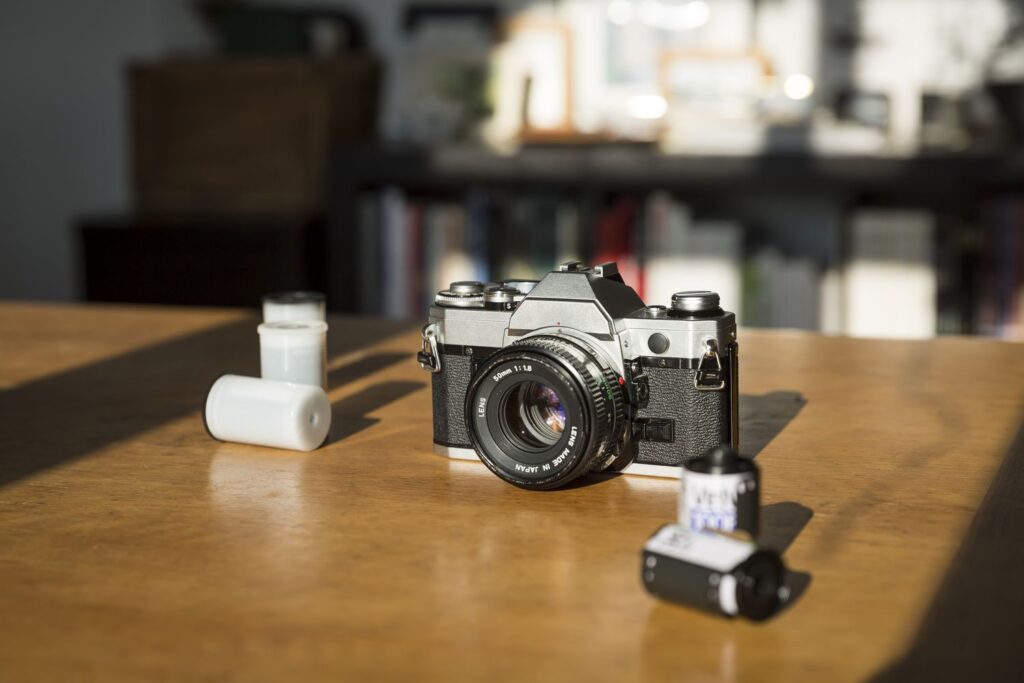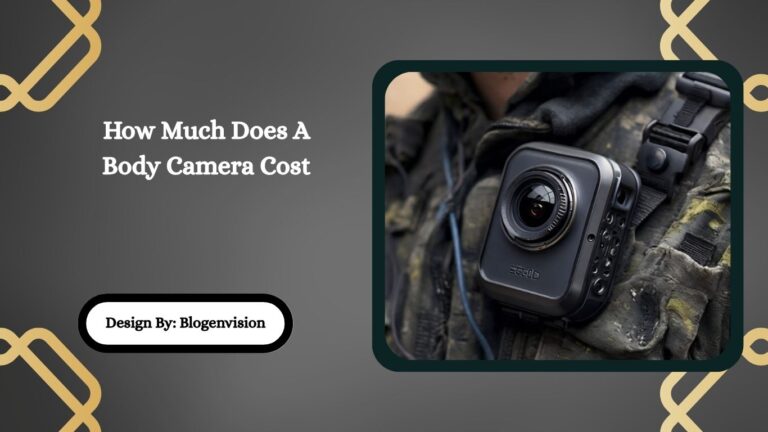Are Digital Cameras Worth It – Full Guide for Buyers!
Yes, digital cameras are still worth it in 2026. They offer superior image quality, interchangeable lenses, durability, and creative control that smartphones cannot fully match, making them valuable for enthusiasts and professionals.
In an era where smartphone cameras continue to improve with AI and computational photography, many buyers still ask an important question in 2026: are digital cameras worth it? While phones dominate convenience and social media sharing, digital cameras including DSLRs, mirrorless, and compact models continue to offer advantages in image quality, creative control, durability, and long-term value. This guide breaks down whether investing in a digital camera still makes sense today, based on real-world use, modern technology, and buyer needs.
Advantages of Digital Cameras
Digital cameras continue to offer several strengths that smartphones cannot fully replicate:
- Image Quality: Larger sensors provide superior detail, better low light photography performance, and greater control over depth of field.
- Creative Control in Photography: Manual modes, interchangeable lenses, and adjustable shutter speeds give photographers artistic freedom.
- Durability of Digital Cameras: Built for long term use, many cameras withstand weather and heavy travel conditions better than phones.
- Interchangeable Lenses: The ability to swap lenses expands shooting possibilities, from wide landscapes to close up portraits.
- Professional Photography Gear: Many industries still require DSLR or mirrorless cameras for print, advertising, and commercial shoots.
For anyone serious about capturing high quality images, these benefits make digital cameras highly valuable.
Disadvantages of Digital Cameras

While they excel in performance, cameras are not without drawbacks:
- Cost of Digital Cameras: A quality DSLR or mirrorless camera with lenses can cost significantly more than a flagship smartphone.
- Portability: Smartphones are lightweight and always accessible, while cameras can be bulky to carry daily.
- Learning Curve: Unlike phones, cameras often require learning manual controls and editing for the best results.
- Connectivity: Smartphones allow instant sharing, while many cameras still require transferring files.
When weighing photography equipment investment, these factors matter, especially for beginners who may not need advanced features.
DSLR vs Smartphone Cameras
A popular question is: Are digital cameras better than phones?
- Smartphones: Best for casual snapshots, convenience, and quick social media sharing. Modern models use AI and computational photography to mimic DSLR effects.
- DSLRs and Mirrorless Cameras: Offer camera sensor size advantages, producing sharper images, better dynamic range, and superior low light performance.
Smartphone camera evolution is impressive, but for professional results, digital cameras remain the clear winner.
Compact Cameras vs Smartphones
Many ask: Are compact digital cameras outdated? While compact models are less popular today, they still serve a niche:
- Travel photography: Lightweight and better zoom than most smartphones.
- Beginner friendly: Easier than DSLRs while still offering better image quality than phones.
However, unless they provide unique features, compact cameras struggle against high end smartphone competitors.
Mirrorless vs DSLR Cameras
Another debate is are mirrorless cameras better than digital? (meaning DSLRs).
- DSLRs: Known for ruggedness, optical viewfinders, and extensive lens availability.
- Mirrorless Cameras: Smaller, lighter, with advanced autofocus and superior video capabilities.
For many, mirrorless has become the future of professional photography gear, though DSLRs are still worth buying for durability and traditional handling.
Should I Buy a Digital Camera in 2026?
The answer depends on your needs:
- Casual Users: A flagship smartphone may be enough.
- Hobbyists: A mid range mirrorless camera offers creative control and growth potential.
- Professionals: Investing in a DSLR or mirrorless is essential for commercial work.
So, yes, digital cameras are still worth buying in 2026 especially if photography is more than a casual hobby.
Best Reasons to Buy a Digital Camera
If you’re unsure, here are compelling reasons why choosing a camera over a smartphone may be right for you:
- Superior low light photography performance compared to phones.
- Creative flexibility through interchangeable lenses and manual controls.
- Durability of digital cameras for travel and outdoor use.
- Long term value of camera equipment, as lenses and accessories can last decades.
- Professional credibility, since clients often expect photographers to use proper gear.
Is Photography Equipment Worth the Cost?
One of the biggest concerns is cost. Cameras and lenses are expensive, leading many to ask: Is it worth investing in a DSLR camera?
The answer depends on intent:
- Yes, if photography is a career or serious passion. Professional photographers still rely on cameras for quality that smartphones cannot match.
- Maybe not, if you only want casual pictures. Smartphones may be sufficient for everyday use.
When considering the long term value of camera equipment, remember that while bodies upgrade every few years, lenses often last decades, making them a wise investment.
Do Professional Photographers Use Digital Cameras?

Absolutely. Despite smartphones improving, professionals still rely on DSLRs and mirrorless systems. High resolution sensors, lens variety, and consistent performance make cameras indispensable for weddings, sports, journalism, and advertising. Professional photography gear is an industry standard, not an option.
Camera Technology Trends in 2026
Looking at the future, camera technology trends continue to evolve:
- Mirrorless dominance is expected to replace DSLRs.
- AI powered autofocus improves tracking and precision.
- Hybrid photo video systems cater to content creators.
- Smaller, lighter gear continues to attract travelers and vloggers.
Despite these changes, the fundamentals remain: larger sensors and interchangeable lenses give digital cameras an edge over smartphones.
FAQs:
1. Are digital cameras better than phones?
Digital cameras generally outperform phones with larger sensors, better low light capabilities, and interchangeable lenses. Smartphones are convenient for everyday use, but cameras remain the preferred choice for serious photography and professional quality results.
2. Should I buy a digital camera in 2026?
Yes, if photography is your passion or profession. Digital cameras provide creative flexibility, durability, and image quality smartphones cannot match. Casual users may rely on phones, but serious photographers will benefit from investing in cameras.
3. Is a DSLR still worth buying?
Yes, DSLRs are still valuable for durability, lens variety, and professional use. However, mirrorless cameras dominate current trends, offering lighter designs and advanced autofocus, making them a strong alternative depending on user preferences.
4. Are compact digital cameras outdated?
Compact digital cameras are less popular but not obsolete. They remain useful for travel and zoom focused photography, offering better image quality than smartphones in some cases, though they struggle to compete with modern flagship phone cameras.
5. Is photography equipment worth the cost?
Yes, for professionals and enthusiasts, camera gear is a long term investment. While bodies upgrade frequently, lenses and accessories last for decades, providing value and creative control beyond what smartphones can achieve.
Conclusion
Digital cameras remain a worthwhile investment in 2026 for those seeking quality, creativity, and long term value. While smartphones dominate convenience and casual photography, cameras offer unmatched advantages: superior image quality, interchangeable lenses, durability, and professional credibility. Both DSLRs and mirrorless systems continue to serve different needs, ensuring digital cameras hold their place in modern photography. For hobbyists and professionals, photography equipment is not just about cost it’s about expanding creative possibilities and producing results smartphones cannot replicate.
Related Post:
- Is It Illegal To Have Cameras in a Classroom – Explained Guide!
- Does The iphone Camera Add Weight – Truth Behind Photo Distortion!
- Can Disposable Cameras Go Through TSA – Guide for Travelers!
- Can Airport Scanners Damage Digital Cameras – Full Guide!
- Can Older Rpi Camera Work In Pi 5 – Setup, Tips, and Fixes!







